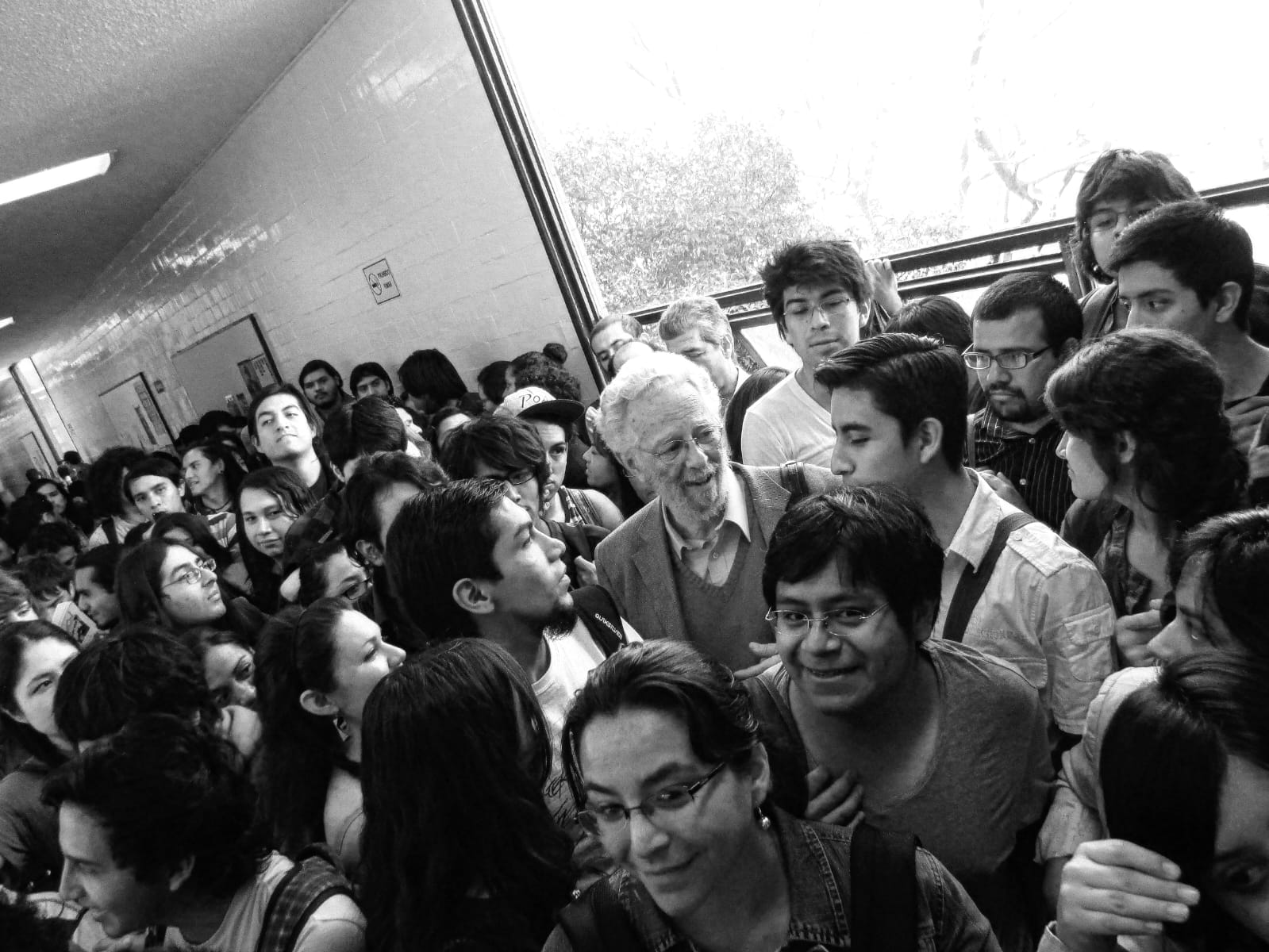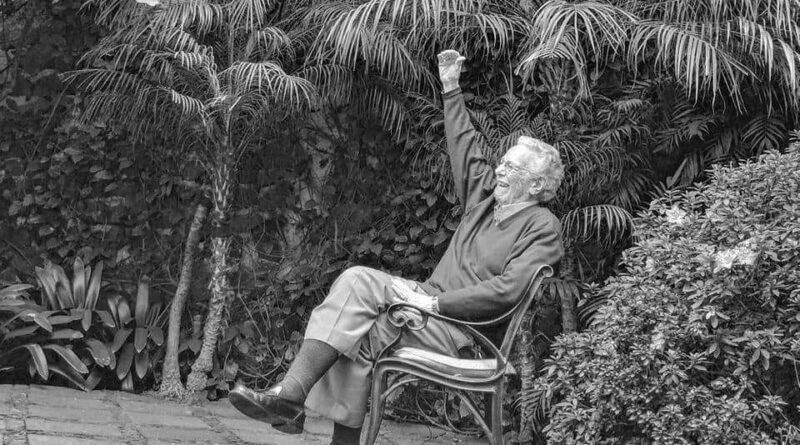Reflection on the Liberatory Legacy of Enrique Dussel
The Council on Hemispheric Affairs (COHA) receives the news of the passing of the great Argentine Mexican philosopher, Enrique Dussel on Sunday, November 5, with deep sadness and extends our condolences to the family, the members of the Association of Philosophy and Liberation (AFyL), and other loved ones of Dr. Dussel.
Dussel has inspired multiple generations of thinkers and activists to see that philosophical reflection and political activity are not separate domains. His work has generously opened many critical and transformative paths so that we could see the task of liberation calling for deeper theoretical reflection alongside everyday practices. Philosophy and liberation are entangled in the everyday.
Dussel was a founder and the most prominent voice of the philosophy of liberation. This is a school of critical-ethical theory and praxis that emerged in Argentina in the 1960’s, and now informs the decolonial turn that engages scholars around the world. The critical history advanced by the philosophy of liberation takes its point of departure from the perspective of the victims of European modernity and engages in a detailed critique of the history and philosophy of modernity.
Dussel’s work locates the start of modernity with the conquest of Amerindia (1492): “Modernity, colonialism, the world-system and capitalism are aspects of the same simultaneous reality and are mutually constitutive of each other.” The philosophy of liberation exposes the racist and Eurocentric underside of modernity which sought to justify the horrific sacrifice of millions of human beings on the altar of the primitive accumulation of capital. The myth of modernity is seen in the colonizer’s claim to racial superiority in carrying out a civilizing mission sanctified by the will of God. The myth of modernity, and the coloniality which it established, did not disappear with the independence of colonized nations. Today, modernity has reached its apex as a “rules-based order” that even sanctions genocide.
Dussel wrote in his landmark Ethics of Liberation in the Age of Globalization and Exclusion that “Ethics is an ethics grounded in an avowed affirmation of life in the face of the collective murder and suicide that humanity is headed toward if it does not change the direction of its irrational behavior.”
For Dussel, this change in direction entails a collective responsibility to defend human life and the biosphere by the long arduous task of practicing an ethics and politics of liberation. The goal, argues Dussel, is not another version of modernity, or even postmodernity, but rather transmodernity. In a transmodern world, there would not be a single world hegemon to call the shots, no exceptional nations with an inherent right, divine or secular, to dominate other nations. The transmodern alternative promotes cooperation by a diversity of nations and cultures which converge around certain shared integral ethical principles: that we ought to advance human life in community; use inclusive democratic procedures to decide on policy, and do only what, given the circumstances, is feasible.
So long as enough of us retain our sensibility for the plight of the Other, and are willing to take co-responsibility for the Other and the earth’s ecosystem, life on the planet is not doomed. Dussel’s legacy calls on us to carry forward his liberatory vision into tomorrow. The future remains open to us if we dare to enter history. And that open future depends on our collective ethical commitment to cross over the wasteland of militarism, poverty, and racism to build a transmodern world, a world “in which many worlds can fit.”

Dussel is referred to by several generations of students and scholars as “El Maestro”
Photos courtesy of Jorge Alberto Reyes López
Fred Mills and Don Deere contributed to this memorial essay.


